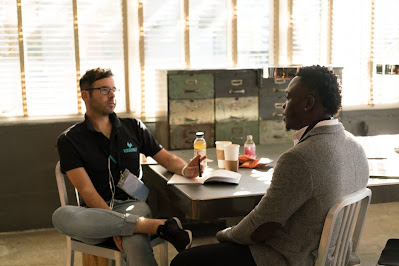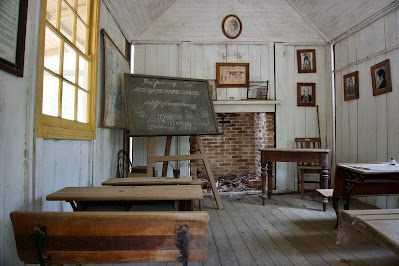OBUKA envisions Individuals, Organisations, and Communities free of Mental Health Stigma, and nurtures a culture of Mental Well-being. Our program supports Women and Children to live free from distress and abuse and proactively promotes awareness to empower people to seek support if facing domestic violence or abuse. OBUKA achieves this through school and corporate programs that involve awareness, acceptance, and action.
Our focus is ‘Prevention of Abuse’ through Awareness and Interventions.
OBUKA provides emotional support through first-line befriending and counseling services by trained volunteers and professional counselors.
OBUKA works closely with a network of organizations to provide police intervention, shelter, Legal aid, medical aid, mediation, and counseling, dependent on the needs of the survivor.
Our interventions include:
● Working with Neeva Foundation to carry out intergenerational awareness programs
● Group sessions for women employees facilitated by mental health professionals and survivors
● Online sessions to reach people during isolation due to Covid-19 through programs such as:
❏ Physical distancing-not social distancing: Family Quiz night in March 2020
❏ Session with a lawyer on Wills and Succession in April 2020
❏ Expressive art workshop for teens to share their feelings about the lockdown in April 2020
● Psychometric assessment to screen for mental health concerns and enable the Management to support staff who may be facing Domestic Violence, anxiety or showing high levels of stress
Domestic Violence Survivor Support, Program Manager is Fiona Martin.
Fiona has assisted over 55 women in 3 years to be empowered to successfully change their lives ensuring they are completely free from violence. Fiona is a business process re-engineering professional and change management specialist. Having worked with various organizations in India and the Middle East, she has over 40000 hours of process review and improvement experience. Giving up the corporate world to work with women facing violence was the turning point in her life. She has completed a B.A Psychology, trained as a befriender, and worked 60+ hours under counselor mentorship.
Fiona has been working with women and children facing violence since 2015 when she had her first case. A survivor herself, Fiona realized the need to bring all possible support under one roof to reduce the continued trauma of a survivor.
Work till date (since 2017) related to Violence against women:
● Worked with over 200 survivors
● One of the founding members of Bembala, a center for women/children facing distress
● Co-founder of Chop Chop Boys, a fun cooking program to enable gender equity where boys teach boys to cook everyday food
● Ideation and running of Bol Sakhi, a program to encourage dialogue about Domestic Violence. Initiated in 2019, 5 Bol Sakhi programs have been conducted.
References
1. Vandana Suri, Founder - Neeva Foundation / Taxshe (+91 9035013871)
2. Beaula Jemima, Lawyer and Founder - Leanonme (+91 9845670279)














Follow Us